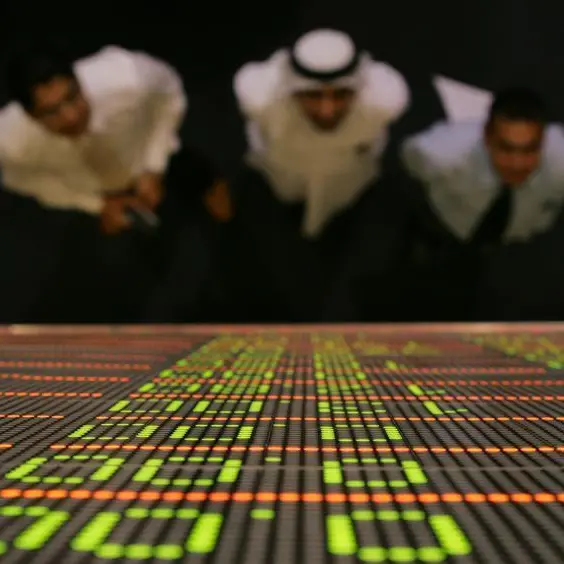PHOTO
Abu Dhabi firm Neovision Wealth Management, in partnership with Realize, has launched an investment vehicle that will buy units of exchange traded funds (ETFs) focused on U.S. Treasury bills and convert these assets into digital tokens that can be held, traded and transferred on a blockchain.
The fund is called Realize T-BILLS Fund and it will buy BlackRock's iShares and State Street's SPDR, tokenize units from these ETFs, and incorporate them within the fund, Dominik Schiener, co-founder of technology company Realize, told Reuters in an interview. It hopes to grow to a $200-million fund.
Realize will tokenize the units of the T-BILLS Fund, while Neovision will manage it.
WHY IT'S IMPORTANT
Tokenized Treasuries are a growing segment of the crypto market, with a market capitalization of $2.4 billion on public blockchains, primarily Ethereum, according to data platform rwa.xyz.
They are effectively digital tokens created on a blockchain and backed by U.S. government debt, and issued both by blockchain-native firms and traditional institutions, notably BlackRock and Franklin Templeton.
In March, BlackRock launched its first tokenized fund called BUIDL on the Ethereum blockchain, investing 100% of its assets in cash, U.S. Treasury bills and repurchase agreements or repos. The BlackRock fund has a current market cap of $530 million.
FUND DETAILS
The Realize fund will issue the $RBILL token and will serve as the digital representation of the units of the fund. They will initially launch on both the IOTA and Ethereum blockchain networks.
KEY QUOTES
"The goal is to bring fungible assets onchain. T-Bills are the most liquid asset today in the real world," said Schiener. "They're also the best form of collateral, paying around 5%."
Dr. Ryan Lemand, co-founder and chief executive officer of Neovision, said it makes sense to buy T-Bill ETFs and tokenize them, instead of outright purchasing Treasury bills in the market. He noted buying cash Treasuries in the market would involve continuous transaction costs because they will have to be bought again and again.
(Reporting by Gertrude Chavez-Dreyfuss; Editing by Alden Bentley, Daniel Wallis and Sharon Singleton)





















